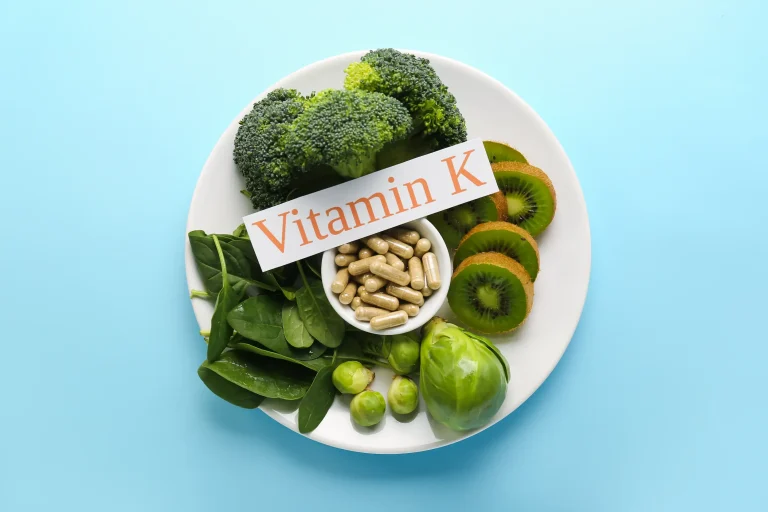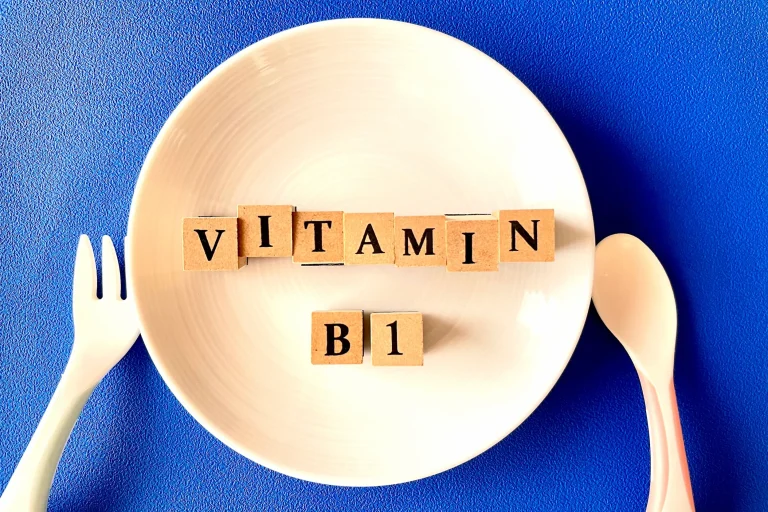Should you take vitamin K with vitamin D?
If you’ve spent some time researching multivitamins and the various options available, you may have noticed that some vitamin supplements only contain a handful of nutrients, such as vitamin D and vitamin K, rather than a more comprehensive range. There’s a very good reason for it! Usually when you see these specific combinations in supplements, it’s because the nutrients involved work together in the body.
Below, we explore one of the most common combinations – vitamin K and vitamin D – to help you understand why they’re so important to each other.
What does vitamin K do for vitamin D?
Vitamins D and K are fat-soluble vitamins that play complementary but different roles in keeping your body healthy in terms of both bone health and cardiovascular function. You could even think of them as a double act.
Vitamin D is well known for its ability to support calcium absorption and maintain healthy bones. It helps your body to absorb calcium from your diet, transferring it into the bloodstream. But in order for that vital calcium to reach the right places – i.e. your bones and teeth – and avoid building up uselessly in soft tissues like your arteries, vitamin K is needed.
Vitamin K supports bone health maintenance by activating a number of proteins that decide where calcium will be stored in your body. To be specific, it turns on osteocalcin, which assists with attaching calcium to the bone matrix, and Matrix Gla Protein (MGP), which keeps calcium from being deposited in arteries and other soft tissue. If you don’t have enough vitamin K, those proteins can’t do their jobs. As a result, calcium may build up where it’s not required and fail to reach the areas where it is needed.
To summarise, this collaborative process means that vitamin D helps you to absorb enough calcium, while vitamin K ensures it goes where it’s most needed. This has been shown to greatly improve overall bone mineral density by reducing ineffective osteocalcin, particularly when using vitamin K2 – the version of vitamin K most associated with bone health.[1,2]
Evidence also indicates that optimal intakes of both K and vitamin D are associated with bone and cardiovascular health, as vitamin K supports normal blood clotting and that combined supplementation is more effective than supplementation with one vitamin alone.[3,4] For example, combined low levels of vitamins D and K has been associated with heightened risk of all-cause mortality.[5]
Should vitamin D be taken with vitamin K?
Because they have this collaborative relationship, vitamin D and vitamin K are typically taken together, especially if you’re looking to support your bone health in particular.[2] Most experts believe these two vitamins are best taken together to support your overall health.
The decision of whether to use a D and K combination supplement or a vitamin D supplement alone will depend on your personal requirements and current nutrient status. If you already receive an adequate level of vitamin K through a diet rich in leafy green vegetables, fermented foods and a range of animal products, then you may not require vitamin K supplementation. But some people, especially those with specific dietary imbalances or illnesses, do not receive enough vitamin K through diet alone.
When researching vitamin D and K supplementation, you’ll also have various forms to choose from, including sprays and tablets. Both have their uses, and the choice is often a personal one and a matter of convenience. Sprays can offer a discreet way to get your vitamins if you often forget to take tablets, as you can take a spray with you out and about. On the other hand, some prefer tablets for a more exact dose.
How much vitamin K to take with vitamin D
It can be difficult to assess how much vitamin D and K you need, because it all depends on your age, your diet, how much sun exposure you get (for vitamin D) and your general wellbeing. For personalised dosage recommendations, speak to a healthcare professional.
Vitamin D dosages are most typically expressed in International Units (IU), while vitamin K usually uses micrograms (µg). Vitamin D3 (cholecalciferol) and vitamin K2 (menaquinone) – MK-7 in particular, which is an extremely bioavailable vitamin K form – are both included in a majority of multivitamin supplements.
It is also worth considering whether taking a vitamin D and K combination is recommended in addition to a daily multivitamin or a vitamin D alone supplement. If your multivitamin includes sufficient levels of both vitamins D and K, then supplementing beyond that is not necessary.
However, many typical multivitamins have insufficient levels of vitamin K2 – or, in some cases, only provide vitamin K1, which is less useful for bone health.. If bone and heart health is a particular focus for you, an isolated D3+K2 supplement might be worthwhile even if you do take a multivitamin. For the best results, speak to your doctor about your options and needs to avoid over- or under-supplementing.
References
[1] Kuang, X., Liu, C., Guo, X., Li, K., Deng, Q., & Li, D. (2020). The combination effect of vitamin K and vitamin D on human bone quality: a meta-analysis of randomized controlled trials. Food & Function, 11(3), 2219-2229.
[2] van Ballegooijen, A. V., Pilz, S., Tomaschitz, A., Grübler, M., & Verheyen, N. (2017). The Synergistic Interplay between Vitamins D and K for Bone and Cardiovascular Health: A Narrative Review. International Journal of Endocrinology, 2017.
[3] Rusu, M. E., Bigman, G., Ryan, A. S., & Popa, D. (2024). Investigating the Effects and Mechanisms of Combined Vitamin D and K Supplementation in Postmenopausal Women: An Up-to-Date Comprehensive Review of Clinical Studies. Nutrients, 16(14), 2356.
[4] Sadler, R. A., Shoveller, A., Shandilya, U., Charchoglyan, A., Wagter-Lesperance, L., Bridle, B., … & Karrow, N. A. (2024). Beyond the Coagulation Cascade: Vitamin K and Its Multifaceted Impact on Human and Domesticated Animal Health. Current Issues in Molecular Biology, 46(7), 6418-6441.
[5] van Ballegooijen, A. V., Beulens, J. W. J., Kieneker, L. M., de Borst, M. H., Gansevoort, R. T., Kema, I. P., … & Bakker, S. J. L. (2020). Combined low vitamin D and K status amplifies mortality risk: a prospective study. European Journal of Nutrition, 59(8), 3749-3759.








